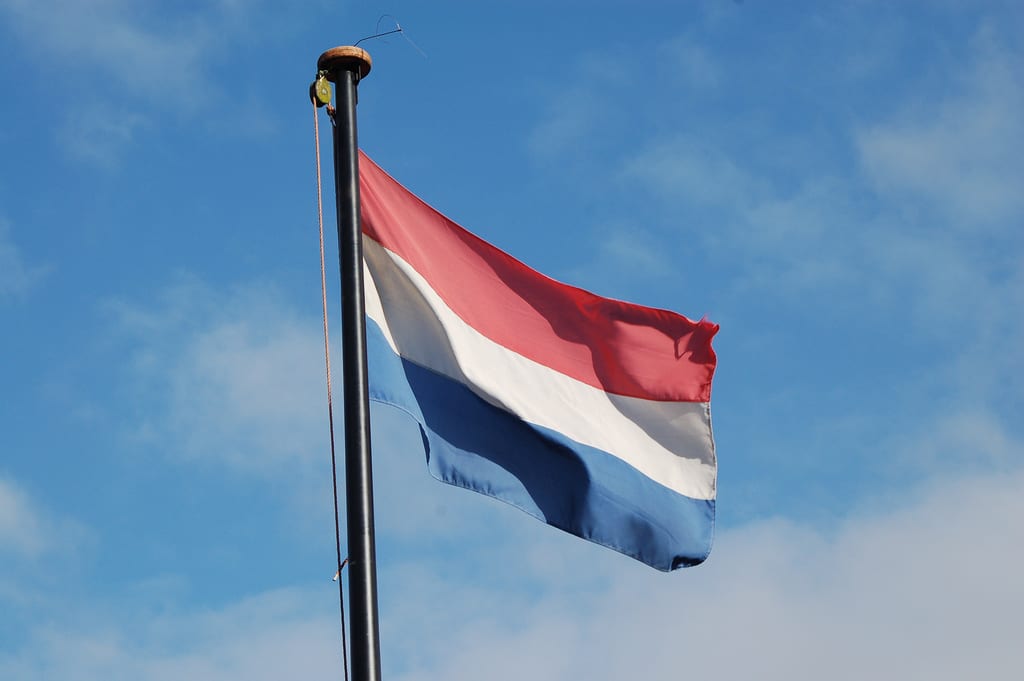Dutch regulator to launch widespread testing of new self-exclusion system

The Centraal Register Uitsluiting Kansspelen (Cruks) forms part of the country’s new Remote Gambling Act, which is set to come into force on 1 March next year after a number of delays caused by the novel coronavirus (Covid-19) pandemic.
Initial testing of the system began last month with a limited number of operators, after details of the system were announced in October.
The KSA will now expand this from 14 December to all interested land-based and igaming operators, as well as any of their potential suppliers.
Operators that secure a new online gambling licence in the Netherlands will be required to integrate with Cruks when the market opens on 1 September next year.
Once integrated, operators must check if a player has signed up to Cruks before they are allowed to register and play online games.
In October, the KSA also set out the terms and conditions for a licence application under the Remote Gambling Act, including reporting a variety of the applicant’s policies and details of how its “cooling off” requirements will be applied.
In October, the Dutch government published regulations explaining in detail how Cruks works. When a player registers with an online operator for the first time, or if the player wants to access a land-based casino, they enter their public service code (BSN), which leads to the generation of a Cruks code. This code is then compared to the list of codes for self-excluded players and if it matches, the player must not be allowed to register or enter.
An initial test version of Cruks was made available for land-based operators on 13 July.
The KSA last month also published standards for inspections under the Remote Gambling Act, including that prospective licensee must undergo an inspection of their gaming systems in order to receive a licence.
The law was originally scheduled to come into effect in July 2020, but was delayed to 1 January in November 2019 before another delay announced last month because of the effects of the novel coronavirus (Covid-19) pandemic pushed the date back to 1 March.
